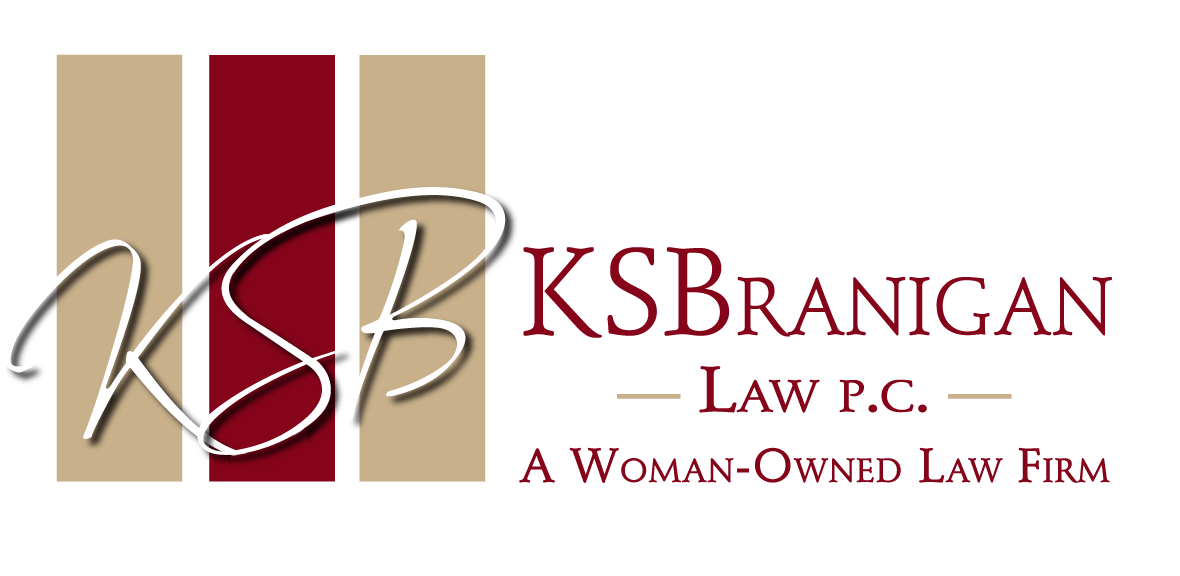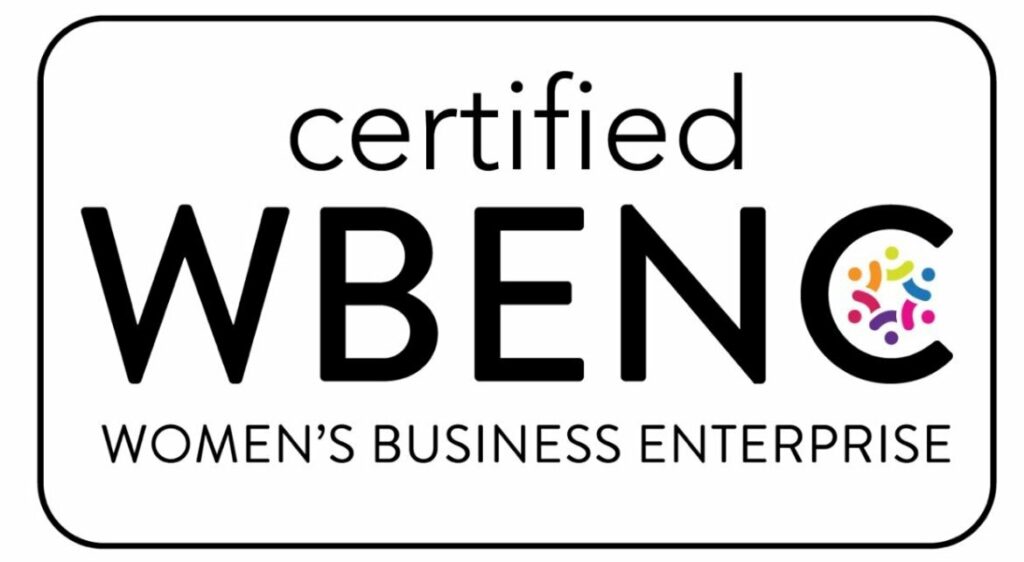New Jersey has acted swiftly to address the impact on loss of work and family leave issues due to COVID-19. Below is a summary of recent employment-related legislation as well as established employment laws in New Jersey that can provide protection and benefits during COVID-19.
New Law – An Expansion of the New Jersey Family Leave Act
On April 14, 2020, New Jersey expanded the New Jersey Family Leave Act (“NJFLA”) in response to the COVID-19 pandemic. The NJFLA has traditionally provided up to 12 weeks of job-protected leave within a 24-month period for eligible employees seeking leave for the birth/adoption of a child or to care for a broad range of family members with serious health conditions.
Now, the NJFLA includes several new job-protected family leave categories when they occur during a State of Emergency declared by the Governor, public health crisis, an epidemic of a communicable disease, a known or suspected exposure to the communicable disease, or in the event of efforts to prevent the spread of a communicable disease. The amendment is retroactive to March 25, 2020.
Specifically, the expanded NJFLA allows an eligible employee to take job-protected leave to care for a family members related to one of the following reasons during a public health crisis:
(a) The need to provide in-home care or treatment of a child due to the closure of the child’s school or place by order of a public official due to the epidemic or other public health emergency;
(b) The need for quarantine or self-isolation determined to be necessary by a public health authority as a result of illness caused by an epidemic of a communicable disease or known or suspected exposure to the communicable disease because the presence in the community of the family member needing care would jeopardize the public health; or
(c) The recommended self-quarantine of a family member in need of care recommended due to a suspected exposure of a communicable disease that would jeopardize the public health.
Previously, the job-protected leave under the NJFLA was limited to: (1) the birth of the employee’s child or the gestational carrier for the employee (pursuant to a valid written agreement); (2) the placement in the employee’s care of a foster child or in connection with the adoption of a child; or (3) the serious health condition of a family member of the employee.
Although the NJFLA generally allows employers certain discretion to deny a family leave requested by highly paid employees, the amendment eliminates this discretion during a State of Emergency declared by the Governor or when the leave is needed pursuant to the Commissioner of Health or other public health authority and the leave pertains to an epidemic or exposure to a communicable disease. It also allows for intermittent leave during a health public crisis if the employee provides certain advance notice to, or makes advance scheduling arrangements with, the employer and authorizes employers to require employees to submit certifications supporting their requests for the above-stated public health crisis-related family leave.
Comparison to Child Care Leave Available Through the Federal Families First Act
The expanded NJFLA bears some similarity to benefits provided under the Federal Families First Coronavirus Response Act (“Families First Act”). The Families First Act expands the Federal Family and Medical Leave Act (“FMLA”) to provide 12 weeks of employer-paid job-protected leave due to COVID-19 related closure of schools and child care facilities affecting an employee’s children, which is available to any employee who has worked for at least 30 days for an employer with fewer than 500 employees. The first two weeks of the child care leave under the Families First Act is unpaid, but the employee can utilize emergency paid sick leave available under the Families First Act for up to 80 working hours for a child care-related reason and obtain paid leave under the expanded FMLA for up to another ten weeks.
Payment under both Families First Act programs is limited to two-thirds of the employee’s regular pay rate up to $200 per day. Employers with less than 50 employees can seek an exemption when the viability of the business is threatened, and employers with fewer than 25 employees do not have to guarantee an equivalent position to the employees returning from emergency child care leave. These programs are employer-paid, but employers that provide the leave can offset the payments made through payroll tax credits.
By contrast, the NJFLA applies to all NJ employers with 30 or more employees and is unpaid job-protected leave. However, wage assistance for child care leave is available through Family Leave Insurance offered through the State of New Jersey. Also, New Jersey State benefits have different eligibility requirements and payment formulas for employees than the Families First Act. Additionally, the New Jersey Earned Sick Leave Act, enacted in 2018, provides for up to 40 hours of paid sick leave (but might vary based on the amount of time the employee has accrued).
Analyzing the Child Care Leave Options
The emergency paid sick leave component of the Families First Act requires employers to provide those benefits before any other benefits are triggered. Therefore, employees requiring leave to care for their children during COVID-19 related school or child care facility closures could receive: (1) up to 80 hours of employer-paid emergency paid sick leave through the Families First Act; (2) up to 40 hours of employer-paid sick leave through the New Jersey Earned Sick Leave Act; and (3) partially paid, job-protected leave for up to 12 weeks through either the NJFLA (with partial wage assistance available through a Family Leave Insurance fund) or the Families First Act/expanded FMLA benefits (paid by the employer). Employees seeking child care leave during the COVID-19 pandemic should determine which extended-leave program best fit their needs. Employers should seek counsel with their legal and financial advisors to determine which programs they need to provide to employees.
See additional guidance from the New Jersey Department of Labor regarding the Families First Coronavirus Response Act here.
New Law: Expansion of NJ Family Leave Insurance & Temporary Disability Insurance
On March 25, 2020, Governor Murphy signed New Jersey Senate Bill 2304/Assembly Bill 3900, increasing State wage-replacement benefits under the Temporary Disability Insurance (TDI) and New Jersey Family Leave Insurance (FLI) programs. The expansion enables workers impacted by epidemics of communicable diseases to access the State programs providing partial wage-replacement benefits when they need extended leave to care for themselves or their family members with serious health conditions, including time of recommended quarantine and isolation.
A worker may be eligible for TDI when the worker is unable to work due to the worker’s own serious health condition; FLI provides wage assistance benefits to workers who cannot work because they are caring for a family member with a serious health condition. Under the amendment, the definition of “serious health condition” has been expanded for times when a state of emergency has been declared by the Governor, or, is found to be needed by the Commissioner of Health or other public health authority. During that type of public health crisis, a worker is eligible for benefits related to an illness caused by an epidemic of a communicable disease, a known or suspected exposure to a communicable disease, or efforts to prevent spread of a communicable disease that:
• For FLI benefits, prompts the issuance by a public health authority of a determination that the presence in the community of the worker’s family member in need of care by the worker, would jeopardize the health of others; or
• For FLI or TDI benefits, results a recommendation of a healthcare provider or public health authority that the worker, or a family member of the worker in need of care by the worker, voluntarily undergo self-isolation or self-quarantine as a result of suspected exposure to a communicable disease because the presence in the community of that worker or family member would jeopardize the health of others.
Additionally, the 7-day waiting period usually required for TDI benefits has been eliminated for employee leaves of absence that pertain to the above epidemic-related situations.
New Law: Prohibits Adverse Employment Action for Leaves due to COVID-19
On March 20, 2020, New Jersey Assembly Bill 3848 was enacted to prohibit adverse employment action in response to requests for time off for medical reasons during the COVID-19 outbreak. During this public health emergency, employers are prohibited from terminating or otherwise penalizing an employee if the employee requests or takes time off from work because a medical professional licensed in New Jersey has recommended that the employee take a specified period of time off from work because the employee has, or is likely to have, an infectious disease that may infect others at the employee’s workplace. The medical recommendation needs to be supported by documentation.
In addition, employers are required to reinstate the employee to employment in the position held prior to the medical leave, with no reduction in seniority, status, employment benefits, pay or other terms and conditions of employment.
PRE-EXISTING EMPLOYMENT LAWS THAT PROVIDE PROTECTION AND BENEFITS
NJ Family Leave Act
Certain employees also have protection under the New Jersey Family Leave Act (NJFLA) when taking care of sick family members. To be eligible for these protections, the employee must work either for a state or local government agency or for a company with 30 or more employees worldwide. Also, the employee must have been employed by the company for at least one (1) year and have worked at least 1,000 hours in the past 12 months.
Eligible employees can take up to 12 weeks of job protected leave during any 24-month period to care for a family member or someone who is the equivalent of family with a serious health condition, including a diagnosis of COVID-19. This job-protected leave can be taken in a block of 12 consecutive weeks or in an intermittent or reduced schedule. When the employee returns to work, the employee is generally entitled to return to the same position held before the leave. Employers are prohibited from retaliating against an employee for taking or attempting to take leave under the NJFLA for COVID-19.
NJ Earned Sick Leave
Employees can also use accrued Earned Sick Leave. As of October 2018, employers of all sizes must provide all employees with up to 40 hours of earned sick leave per year to care for themselves or a family member. Employees may also use earned sick leave if an employee is unable to work because the schools or daycare of the employee’s child has been closed by a public official for a public health reason, including COVID-19. Part-time and temporary employees are entitled to earned sick leave but may not qualify for all 40 hours.
New Jersey Family Leave Insurance
Under New Jersey Family Leave Insurance, eligible employees are currently entitled to take up to 6 weeks of family leave insurance benefits. Beginning July 1, 2020, the law will allow up to 12 weeks of continuous family leave or 56 days of intermittent leave. Benefits are provided to enable employees to care for a family member with a serious health condition. Entitlement to benefits also applies for child bonding and caring for a victim of domestic violence or a sexually violent offense. The law broadly defines family members and children.
Benefits and More Information
Employees may be entitled to Temporary Disability Benefits and Family Leave Insurance. For more information, contact the NJ Department of Labor and Workforce Development. Please click here for the NJDOL Benefits and the Coronavirus (COVID-19) website.
This summary is for informational purposes only and is not intended to constitute legal advice. This information should not be reused without permission.


